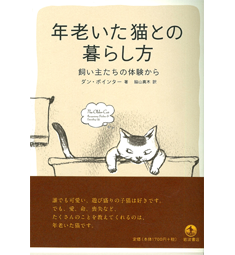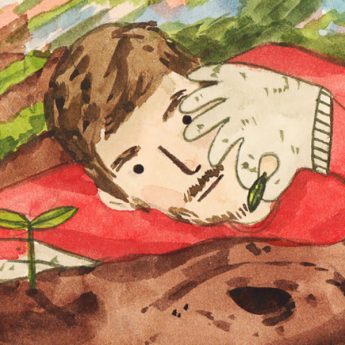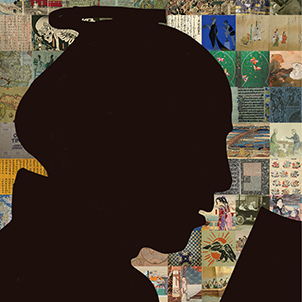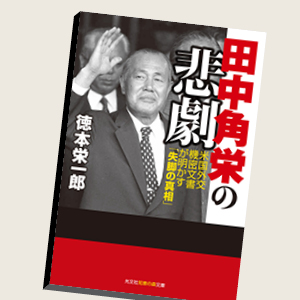Viewed Sideways:
Writings on Culture and Style in Contemporary Japan
By Donal Richie
¥1,359
Donald Richie would no doubt have something to say about the way in which today’s Japanese have embraced the idea of keeping pets (see review below). And there is no doubt that what he would have to say would be nothing if not insightful. I can think of no other commentator writing now who can so completely decipher the kaleidoscope of Japanese culture and society.
In this new collection of essays—some of which started out as talks to various audiences—Richie turns his attention to an astonishing assortment of topics: Japanese shapes, Japanese patterns, Japanese sex clubs, things that are incongruous, as well as things that appear to be set in stone. That he is able to illuminate the darkest corners of these subjects so readily is, in part, due to his having lived here for decades (he first visited Japan in 1947). But it is also because, unlike many foreigners who have stayed so long, he has never lost his ability to stand “outside” and observe, to be critical without being judgmental. 
No doubt this is to some degree because he is at heart a film maker. For a time curator of film at New York’s Museum of Modern Art, Richie’s first published book is about Japanese film, while his later books on the directors Yasujirou Ozu and Akira Kurosawa are the acknowledged definitive works.
Fortunately, this “Lafcadio Hearn of our time” (Tom Wolfe) has not restricted himself to film but, over the years, has written extensively about all manner of things Japanese, and the current volume embraces so many of them; sometimes revisiting favourite themes, sometimes looking at something completely anew. It is done in a fashion that we have come to expect of Richie: crisp elegant writing that is at times acerbic, frequently amusing, sometimes challenging, always enlightening.
In the best tradition of the greatest essayists, Richie is unafraid to reveal himself. He does not, by any means, thrust himself upon the reader, but a patient and careful reader will find among the gems examples of Richie’s idiosyncrasies and these, too, make the experience of connecting with him all the more powerful.
It is telling that the title of this latest volume of Richie’s observations owes much to a thought of EM Forster: “Only what is seen sideways sinks deep”.
Toshioita neko tono kurashikata
Translated from Dan Poynter’s The Older Cat: Recognizing Decline & Extending Life by Maki Wakiyama.
¥1,700
It was Rabindranath Tagore, the polymath, who famously said that God invented the cat so that man could have the pleasure of touching the tiger. Anyone who has forged a good relationship with one of our feline friends will immediately recognise what he meant.
Endlessly fascinating, always graceful, frequently affectionate, Felis silvestris catus, nevertheless, manages to maintain something of the wild, its patterns of behaviour a remarkable echo of those of the big cats. Given the right environment, the cutest kitten can soon become a firmly bonded member of the family and, contrary to what sceptics may say, with all the loyalty more usually attributed to our canine companions. 
Sadly—and despite the myth of the nine lives—the domestic feline’s life span is normally 12 to 18 years, although some manage to live far longer. Nevertheless, cats do begin to slow down as they age and, as with us mere mortals, are likely to encounter health issues associated with the ageing process. How to recognise decline in the older cat and extend its life in a comfortable way is the subject of this book now available in Japanese. It is a careful rendering of the original that skillfully adapts the content to the domestic situation.
Recently, the Japanese have shown an increasing tendency to share their homes with pets. A 2009 survey suggests there were some 27mn cats living here with their human companions. Thus, this book is a timely and easy-to-read addition to the existing literature on cat care and should be on the shelves of anyone with a tiger on their couch.






